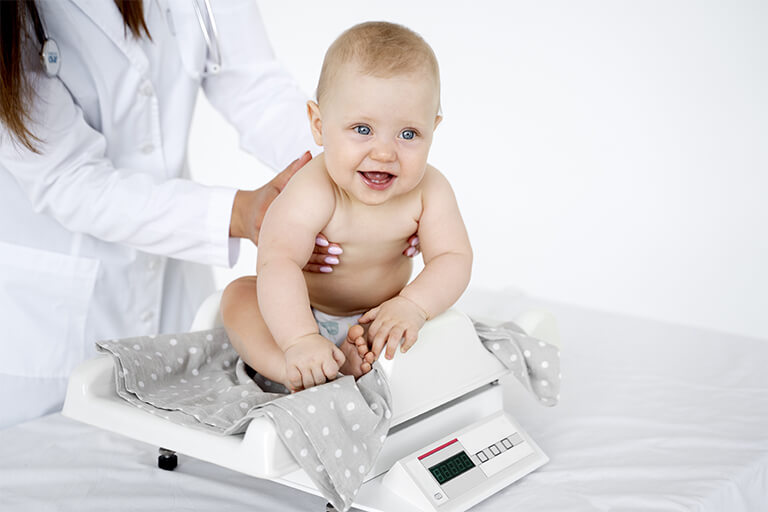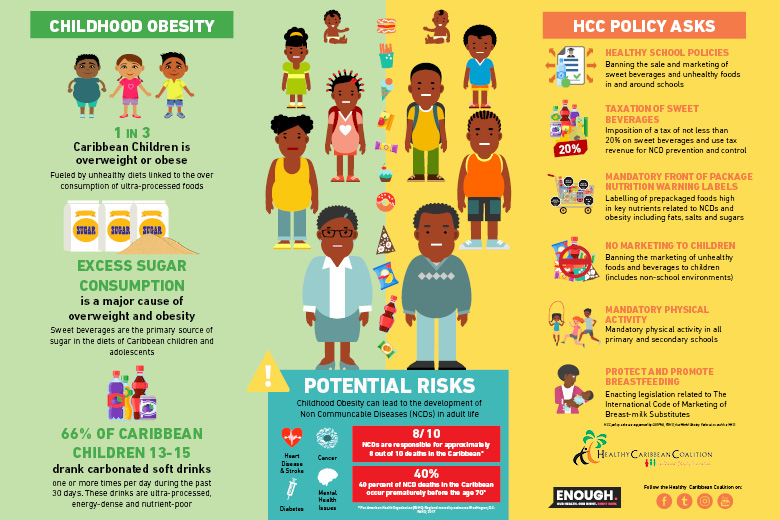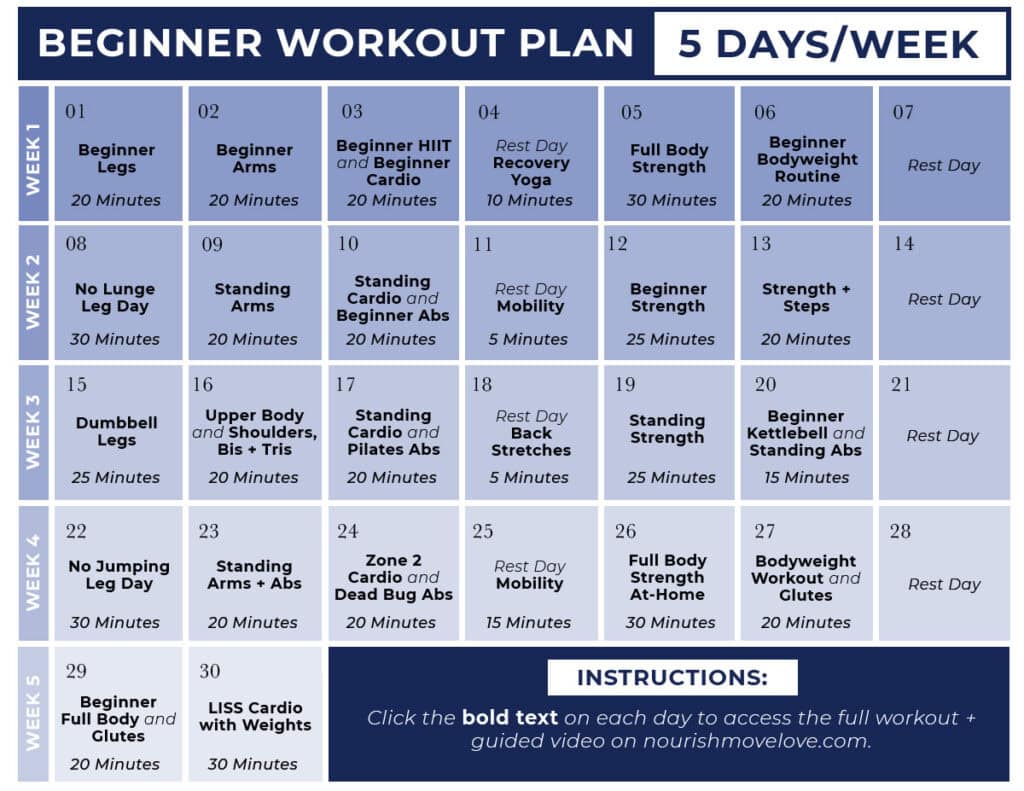
Importance of Regular Pediatric Check-Ups.
Importance of Regular Pediatric Check-Ups for Healthy Child Development. Discover the importance of regular pediatric check-ups for your child’s healthy development. These check-ups ensure your little one thrives & stays on track!

What Are Pediatric Check-Ups?
Pediatric check-ups are essential medical visits designed to monitor a child’s growth & health from infancy through adolescence. These appointments typically involve regular screenings, vaccinations, & developmental assessments administered by pediatricians. Understanding the purpose of these visits benefits both parents & caregivers as they keep track of the child’s developmental milestones & tackle any health issues that may arise.
During these visits, pediatricians evaluate physical health, monitor growth parameters like height & weight, check vision & hearing, & discuss nutrition & behavior. And another thing, parents receive valuable insights regarding what to expect in the upcoming developmental stages. Early intervention in areas such as speech, motor skills, & social behaviors is critical; therefore, timely check-ups help to promptly identify any developmental concerns.
Regular pediatric visits not only facilitate open communication between healthcare providers & families but also reinforce the importance of preventive care. Establishing a health management plan includes addressing underlying conditions or providing referrals to specialists when needed. This consistent relationship fosters trust & strengthens the family’s confidence in managing their child’s health.
Why Are Regular Check-Ups Necessary?
Regular pediatric check-ups are crucial for several reasons, primarily supporting well-child visits aimed at prevention & early identification of health issues. These appointments provide a structured timeline for monitoring a child’s well-being & development, which can prevent minor issues from becoming more significant problems later on. The concept of Importance of Regular Pediatric Check-Ups revolves around proactive health care rather than reactive treatment.
During these sessions, children receive essential vaccinations as advised by health authorities, which protect them from various infectious diseases. The pediatrician also reviews the child’s growth patterns, ensuring they follow the expected trajectories in height & weight. If deviations from the norm occur, healthcare providers can take appropriate actions to tailor interventions, whether dietary changes or referrals to specialists.
An often-overlooked aspect is the opportunity for parents to discuss any behavioral or emotional concerns. Issues such as anxiety, ADHD, & depression can manifest early, & exploring these topics with a trusted pediatrician can lead to timely interventions. By maintaining a routine of Regular Pediatric Check-Ups, families commit to a preventative health strategy that fosters lasting health & wellness.
Role of Pediatricians in Child Development
Pediatricians play a multifaceted role in child development, acting as primary healthcare providers while also collaborating with parents to promote healthy habits & behavior. They monitor physical health, emotional well-being, & developmental milestones throughout a child’s growth. Their expertise encompasses diagnosing & managing various health issues, as well as assessing environmental & social factors influencing a child’s life.
And another thing, pediatricians provide educational resources for parents & caregivers, empowering them with knowledge about nutrition, exercise, sleep, & emotional support. They help families develop strategies to create nurturing environments that foster childhood development. Engaging with parents during regular check-ups allows pediatricians to observe interaction styles within families & offer tailored advice.
Children also benefit from the consistent relationship formed with their pediatrician, who becomes a familiar & trusted figure throughout their upbringing. This rapport encourages open communication, allowing children to express their concerns & ask questions about their health & lifestyle. Overall, the active involvement of pediatricians is essential, underlining the Importance of Regular Pediatric Check-Ups in the overall development of children.
The Impact of Early Intervention
Early intervention programs are pivotal when it comes to addressing developmental delays or health issues. Pediatric check-ups serve as an opportunity for healthcare providers to screen for any potential developmental concerns. During these visits, pediatricians utilize various assessments to evaluate cognitive, social, & physical milestones appropriate for the child’s age.
Research points to numerous advantages of early intervention, which includes improved long-term outcomes in academic performance, social skills, & emotional regulation. The sooner any delay is detected, the quicker a tailored approach can be implemented, & the child can receive the necessary support. This proactive measure can be particularly effective for children diagnosed with conditions such as autism spectrum disorder or speech delays.
Communicating concerns during pediatric visits can create a better understanding of the issues at hand. Families often find reassurance from pediatricians who are skilled in identifying & addressing hurdles in development early. As a result, parents are better equipped to support their child’s growth by implementing the strategies suggested, thus enhancing the overall outcomes associated with the Importance of Regular Pediatric Check-Ups.
Vaccinations & Preventable Diseases
Vaccinations complete a vital aspect of pediatric health care, dramatically reducing the risks of many preventable diseases. Regular pediatric check-ups provide a structured schedule for vaccinations, ensuring children are protected as they grow. Public health initiatives emphasize the critical nature of these preventive measures, highlighting that immunization not only safeguards individual children but also contributes to herd immunity within communities.
During check-ups, pediatricians will review a child’s vaccination history, update any missed shots, & discuss upcoming vaccines based on national guidelines. This process is essential, especially for infants & young children, as their immune systems are still developing. By adhering to the recommended vaccination schedule through routine check-ups, parents play a significant role in reducing the prevalence of illnesses such as measles, mumps, rubella, pertussis, & more.
And don’t forget, conversations about vaccinations during check-ups can dispel myths & misconceptions surrounding vaccines, focusing instead on their scientifically-backed benefits. Parents gain both knowledge & comfort regarding the safety of vaccines, which influences their decision-making. The greater the understanding & acceptance of vaccinations, the more protected the community becomes, illustrating the Importance of Regular Pediatric Check-Ups in fostering public health.
Behavioral & Emotional Health Monitoring
Children’s behavioral & emotional health is as critical as their physical health, & pediatric check-ups provide a vital space to monitor these areas. Many parents may not recognize early signs of anxiety, depression, or behavioral disorders. Regular visits to a pediatrician encourage open discussions about emotional well-being, which can lead to appropriate evaluations & interventions.
Pediatricians are trained to ask screening questions during check-ups that help identify potential issues, such as mood swings or difficulties at school. They also assess family dynamics & can offer strategies to improve communication & emotional support systems within the household. For example, a pediatrician might recommend introducing mindfulness exercises or family activities to enhance emotional connections & alleviate stress.
Equipped with the tools & resources to navigate mental health challenges, pediatricians help facilitate referrals to mental health specialists if necessary. Areas of focus include counseling, therapy, & medication if appropriate. By addressing emotional health directly during regular check-ups, families ensure comprehensive care, underscoring the Importance of Regular Pediatric Check-Ups in promoting a child’s overall well-being.
Creating a Healthier Lifestyle
Regular pediatric check-ups are instrumental in promoting a healthy lifestyle among children. During these evaluations, pediatricians can provide families with tailored advice on nutrition, exercise, & healthy habits, shaping a child’s relationship with their well-being from a young age. Such guidance may include discussions about balanced diets, limiting screen time, & establishing consistent physical activity.
For nutrition, pediatricians often work with families to design meal plans that cater to the child’s age & dietary needs. Informative conversations about the effects of sugar, fats, & vitamins ensure children receive the nourishment they need for optimal growth.
And another thing, pediatric visits can address active living. Recommendations about physical activities such as sports, outdoor play, or family exercise sessions motivate families to prioritize health as a lifestyle. Establishing these habits early in life fosters healthy routines that can persist into adulthood, significantly impacting long-term health outcomes.
Through regular assessment & monitoring of health behaviors, pediatricians assist families in cultivating a lifestyle that prioritizes wellness. This initiative emphasizes the Importance of Regular Pediatric Check-Ups, creating a culture that values health & preventative measures.
Educational Resources & Support for Parents
Pediatricians serve as a valuable educational resource for parents, providing guidance & support throughout a child’s developmental journey. The visit is not strictly medical; it is an opportunity for families to equip themselves with knowledge & tools at each growth stage. Pediatricians can offer educational materials & discuss the latest trends in child health, nutrition, & behavior management.
During check-ups, pediatricians can share insights on topics relevant to parents, such as sleep hygiene, stress management, & cognitive development. These discussions can help parents enhance their caregiving approaches & align them with best practices.
And don’t forget, pediatricians can introduce parents to support groups or community resources for additional assistance in navigating parenting challenges. Whether it’s connecting families with local playgroups, mental health services, or educational programs, these referrals can create vital support networks. By engaging in this proactive communication, families are empowered to make informed choices that foster their child’s health & development.
In essence, the educational aspect of regular pediatric check-ups underlines the Importance of Regular Pediatric Check-Ups as an integral part of the child’s healthcare journey.
“The best way to ensure your child’s health is through regular check-ups & preventive care.” – Clement Stracke
Conclusion About Financial Considerations
While focusing on the health benefits of pediatric check-ups, it is vital to acknowledge the financial aspect of accessing regular medical care. Many families might hesitate to prioritize these appointments due to costs associated with healthcare. Understanding how different insurance plans cover pediatric services can help alleviate concerns.
Regular visits can result in significant long-term savings by preventing costly medical treatments that arise from untreated conditions. Many insurance policies cover routine check-ups, vaccinations, & screenings without out-of-pocket expenses. Taking advantage of these resources ultimately benefits the child & family financially over time.
And another thing, community health centers often provide resources for families who may not have insurance. These organizations can ensure that every child has access to the care they need. Knowing one’s rights & options enables families to prioritize wellness on a budget, making the Importance of Regular Pediatric Check-Ups more accessible for all.
Through consistent & aware financial planning, families can commit to a healthier lifestyle, knowing that regular pediatric check-ups are within reach.

What are the benefits of regular pediatric check-ups?
Regular pediatric check-ups are crucial for monitoring a child’s growth & development, ensuring that vaccinations are up to date, & identifying any potential health issues early on. They provide an opportunity for parents to discuss concerns with healthcare providers, which can help in promoting overall well-being.
How often should children have check-ups?
Children should have regular check-ups at the following intervals: from birth to 1 year, check-ups are usually scheduled at 2, 4, 6, 9, & 12 months. After the age of 1, visits are generally recommended annually, or as advised by the pediatrician based on the child’s health status.
What happens during a pediatric check-up?
During a pediatric check-up, the doctor will assess the child’s physical growth, perform a physical examination, check developmental milestones, review any vaccines they may need, & address any health concerns the parents may have. It is also a time for discussing nutrition, safety, & behavior.
Why are check-ups important for child development?
Regular check-ups are important for child development because they help to identify any developmental delays or issues early, allowing for timely interventions. They also provide guidance on healthy habits & milestones, which are essential for a child’s physical & mental growth.
What vaccinations are given during pediatric check-ups?
Vaccinations given during pediatric check-ups may include those for measles, mumps, rubella (MMR), polio, hepatitis, diphtheria, tetanus, pertussis (DTaP), & others depending on the child’s age & vaccination schedule recommended by health authorities.
How can parents prepare for a pediatric check-up?
Parents can prepare for a pediatric check-up by keeping a list of questions or concerns they want to discuss with the doctor, recording any changes in their child’s behavior or health, & bringing relevant medical records or information about any medications the child is taking.
What should parents expect after a pediatric check-up?
After a pediatric check-up, parents can expect to receive feedback from the doctor regarding their child’s health & development, recommendations for any necessary follow-up appointments, & guidance on maintaining their child’s health. They may also receive information on upcoming immunizations & healthy lifestyle practices.
Can regular check-ups prevent future health problems?
Yes, regular pediatric check-ups can help prevent future health problems by allowing for early detection & intervention of potential issues. By monitoring growth & development & providing necessary vaccinations, regular visits can significantly reduce the risk of serious health complications later in life.
Do pediatric check-ups include mental health assessments?
Yes, pediatric check-ups often include mental health assessments as part of the overall evaluation of a child’s development. Pediatricians may ask questions about the child’s behavior & emotional well-being, & can provide referrals to mental health professionals if needed.
What role do parents play during pediatric check-ups?
Parents play a crucial role during pediatric check-ups by providing information about their child’s health, behavior, & development. They should engage with the pediatrician, ask questions, & share any concerns to ensure comprehensive care for the child.

Conclusion
In summary, the Importance of Regular Pediatric Check-Ups cannot be overstated. These visits are key to ensuring your child grows healthy & strong. During these check-ups, doctors monitor your child’s development, catch any potential issues early, & provide important vaccinations. They also offer a chance for parents to ask questions & get guidance. By prioritizing the Importance of Regular Pediatric Check-Ups, you are investing in your child’s future. So, make it a routine! These appointments are not just about visits; they are steps toward a happier, healthier life for your child.




